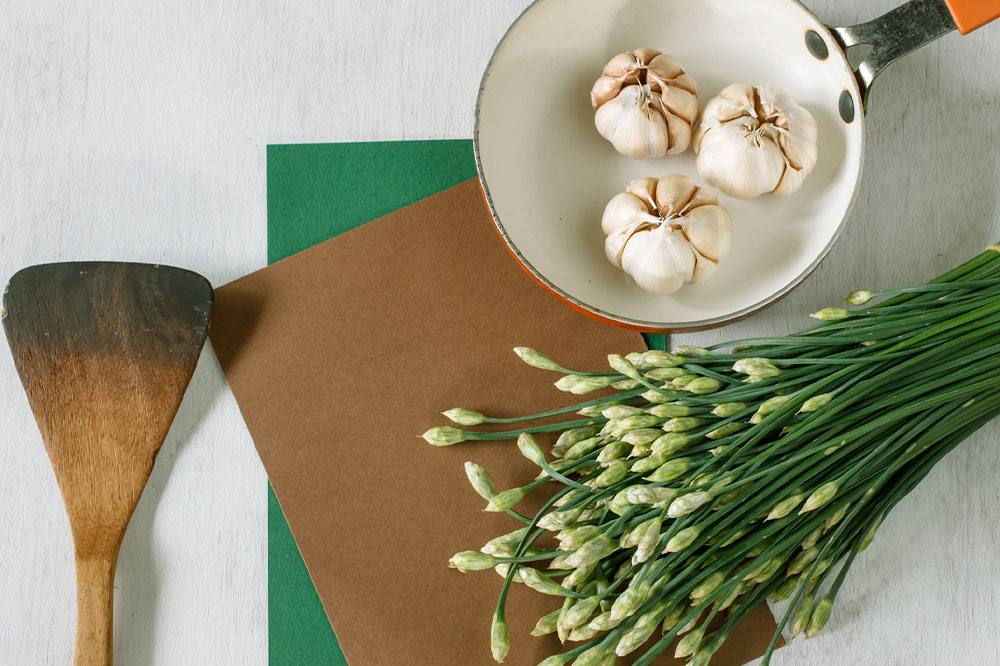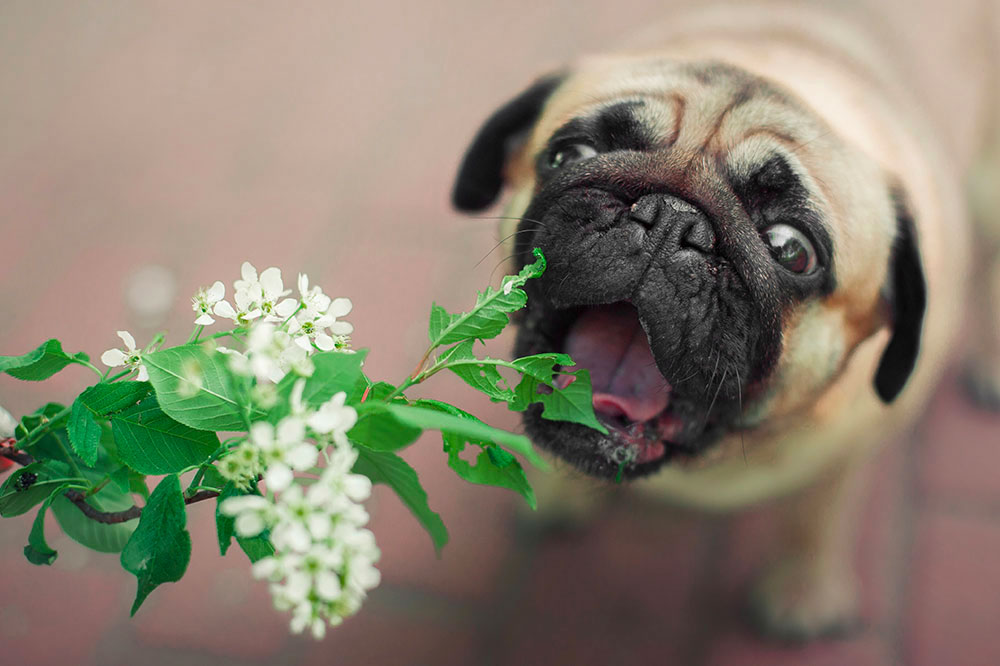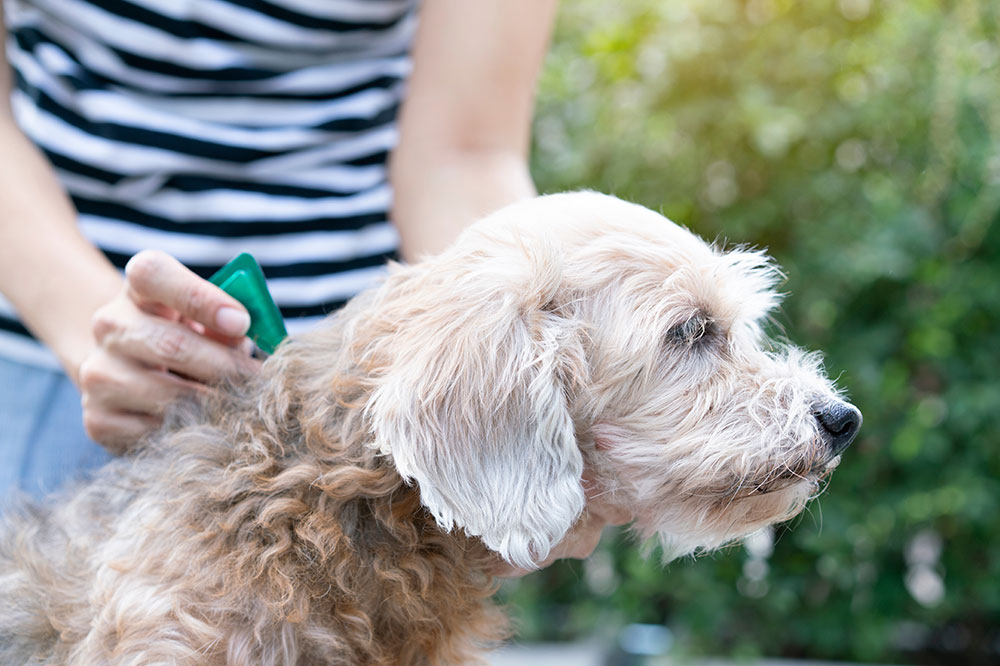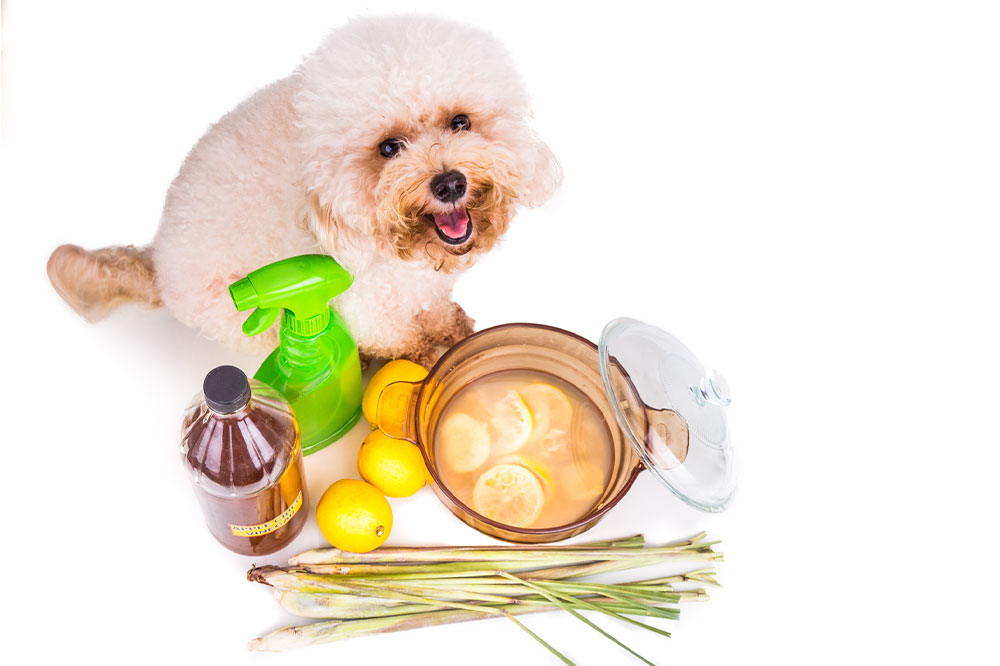7 Common Foods That Are Toxic to Dogs and Must Be Avoided for Their Safety
This comprehensive guide highlights seven common foods that are toxic to dogs, including grapes, chocolate, avocados, nuts, onions, citrus, and dairy. It explains the dangers each food poses, symptoms of poisoning, and preventive measures. Responsible pet owners can use this information to protect their furry friends from accidental ingestion and ensure their safety and well-being. Consulting a veterinarian is recommended in case of any doubt or emergency, emphasizing the importance of awareness and vigilance in pet care.

Owning a dog brings immense joy and companionship, but it also comes with the vital responsibility of safeguarding their health. A key aspect of responsible pet ownership is understanding which foods are safe and which are hazardous to your furry friend. Dogs' digestive systems differ significantly from ours, rendering certain human foods potentially dangerous or even lethal. Recognizing these harmful foods and taking precautionary measures is crucial to ensure your pet’s well-being and longevity. This comprehensive guide highlights seven common foods that are toxic to dogs, explaining their dangers and offering tips on how to prevent accidental poisoning.
Dogs are curious creatures, often exploring their environment with their noses and mouths. Unfortunately, this curiosity can lead to ingestion of dangerous foods if pet owners are not vigilant. Many household items that are perfectly safe for humans pose serious health risks to dogs, even in small amounts. By familiarizing yourself with these food dangers, you can better protect your canine companion from accidental poisoning and emergency visits to the veterinarian.
1. Grapes and Raisins: A Hidden Threat Leading to Kidney Failure
Grapes and raisins are widely enjoyed snacks for humans, but they are highly toxic to dogs. Despite the exact compound responsible remaining unidentified, clinical evidence shows that even small quantities can cause severe health issues. Ingesting these fruits may lead to rapid onset of vomiting, diarrhea, lethargy, loss of appetite, and ultimately, acute kidney failure, which can be fatal if not treated promptly.
Scientists and veterinarians advise that pet owners strictly avoid giving grapes or raisins to dogs. Keep these foods stored out of your pet’s reach and educate all family members about the dangers. If your dog accidentally consumes grapes or raisins, seek emergency veterinary care immediately to initiate supportive treatments such as IV fluids and hospitalization. Early intervention can significantly improve your pet’s chances of recovery.
2. Chocolate and Caffeinated Drinks: Theobromine and Caffeine Toxicity
Chocolate is a well-known toxic substance for dogs, mainly due to the presence of theobromine and caffeine—both of which belong to the methylxanthine class of chemicals. These stimulants can cause a range of symptoms from mild gastrointestinal upset to severe neurological and cardiac issues.
Dark chocolate, baking chocolate, and cocoa powder contain the highest levels of theobromine, making them the most dangerous. Even small amounts of dark or bitter chocolate can be fatal for small breeds. Symptoms of poisoning include vomiting, diarrhea, rapid breathing, increased heart rate, seizures, and, in extreme cases, coma or death. Similarly, caffeinated beverages like coffee, tea, and energy drinks pose similar risks due to their caffeine content.
Preventing access to these products is essential. If your dog ingests chocolate or caffeinated drinks, contact your veterinarian immediately. Treatment typically involves inducing vomiting, administering activated charcoal to absorb toxins, and providing supportive care such as IV fluids and medication to control seizures or arrhythmias.
3. Avocado: A Toxic Fruit for Dogs
Avocado has gained popularity in human diets due to its healthy fats and nutrient content. However, it contains persin, a toxin that can adversely affect dogs. While some dogs may tolerate small amounts, larger quantities or certain parts of the fruit can cause severe health problems.
Ingesting avocado can lead to breathing difficulties, fluid accumulation in the chest and abdomen, and gastroenteritis. The pit also poses a choking hazard and can cause intestinal blockages if swallowed. Pets that consume avocado may display symptoms such as vomiting, diarrhea, labored breathing, and lethargy.
To keep your dog safe, avoid feeding avocado or placing it where your pet can reach. Be cautious with avocado pits and discard them properly. If your dog shows signs of ingestion or consumes avocado, consult your veterinarian immediately to determine the appropriate treatment.
4. Nuts: Hidden Dangers in Common Snacks
Nuts are often marketed as healthy snacks for humans, but many pose health risks to dogs. Particularly, macadamia nuts are highly toxic, with other nuts like walnuts, pecans, and almonds potentially causing digestive upset or obstructions.
Consumption of macadamia nuts can trigger symptoms such as tremors, weakness, elevated body temperature, vomiting, and lethargy. The exact cause of toxicity is unknown, but even a small handful can have serious effects, especially on smaller breeds.
Almonds and other nuts contain high levels of fats and oils that can lead to pancreatitis in dogs—an inflammation of the pancreas causing severe abdominal pain and vomiting. Additionally, nuts may contain mold or bacteria that can cause additional health concerns.
Never give nuts to your dog as treats. If accidental ingestion occurs, observe for symptoms and consult your veterinarian promptly for appropriate treatment.
5. Onions and Garlic: Vegetables That Damage Red Blood Cells
Onions and garlic are common ingredients in many human dishes, but they are dangerous to dogs. These vegetables contain compounds called thiosulfates that can damage red blood cells, leading to anemia—a condition where oxygen-carrying capacity in the blood decreases significantly.
Signs of toxicity include weakness, lethargy, pale gums, rapid breathing, vomiting, and in severe cases, collapse. Even small amounts of onion or garlic in food can pose a risk, especially if consumed regularly or in concentrated forms like powders or seasoning mixes.
To protect your pet, avoid feeding them dishes containing onions or garlic. Be vigilant about leftovers and ensure that your pet does not access food containing these ingredients. If you suspect your dog has ingested onions or garlic, seek immediate veterinary attention to start appropriate treatment, which may include supportive care and blood transfusions in severe cases.
6. Citrus Fruits: Upsetting the Tummy and Nervous System
Fruits such as lemons, limes, oranges, and grapefruits are popular in human diets, but they can be harmful to dogs if consumed in large quantities. Citrus fruits contain essential oils and compounds that can irritate your dog’s gastrointestinal system, causing vomiting and diarrhea.
In addition, ingestion of large amounts of citrus may depress a dog’s nervous system, leading to weakness or nervousness. The peels and seeds also pose choking hazards or may cause intestinal blockages.
While small amounts of citrus are unlikely to cause severe harm, it’s best to keep these fruits out of your pet’s reach. If your dog shows signs of upset stomach after consuming citrus, contact your veterinarian for guidance. Always monitor your pet and prevent access to fruit peels and seeds.
7. Dairy Products: Lactose Intolerance in Dogs
Many dogs are lactose intolerant, meaning they lack the enzyme lactase needed to digest milk and dairy products. Feeding them milk, cheese, yogurt, or ice cream can result in gastrointestinal issues such as diarrhea, vomiting, and stomach discomfort.
While some dogs may tolerate small amounts, it’s generally safer to avoid offering dairy altogether. If you choose to give your dog dairy, do so in moderation and observe for adverse reactions. Always consult your veterinarian before adding new foods to your pet’s diet, especially if you have concerns about lactose intolerance.
Overall, being aware of these seven foods and their potential dangers can help you better protect your dog from accidental poisoning. Remember, when in doubt, consult with a veterinary professional, and always prioritize your pet’s health and safety. Never hesitate to seek emergency care if you suspect your dog has ingested a toxic substance. Your vigilance can make the difference between life and death, ensuring your beloved pet remains happy and healthy for years to come.





